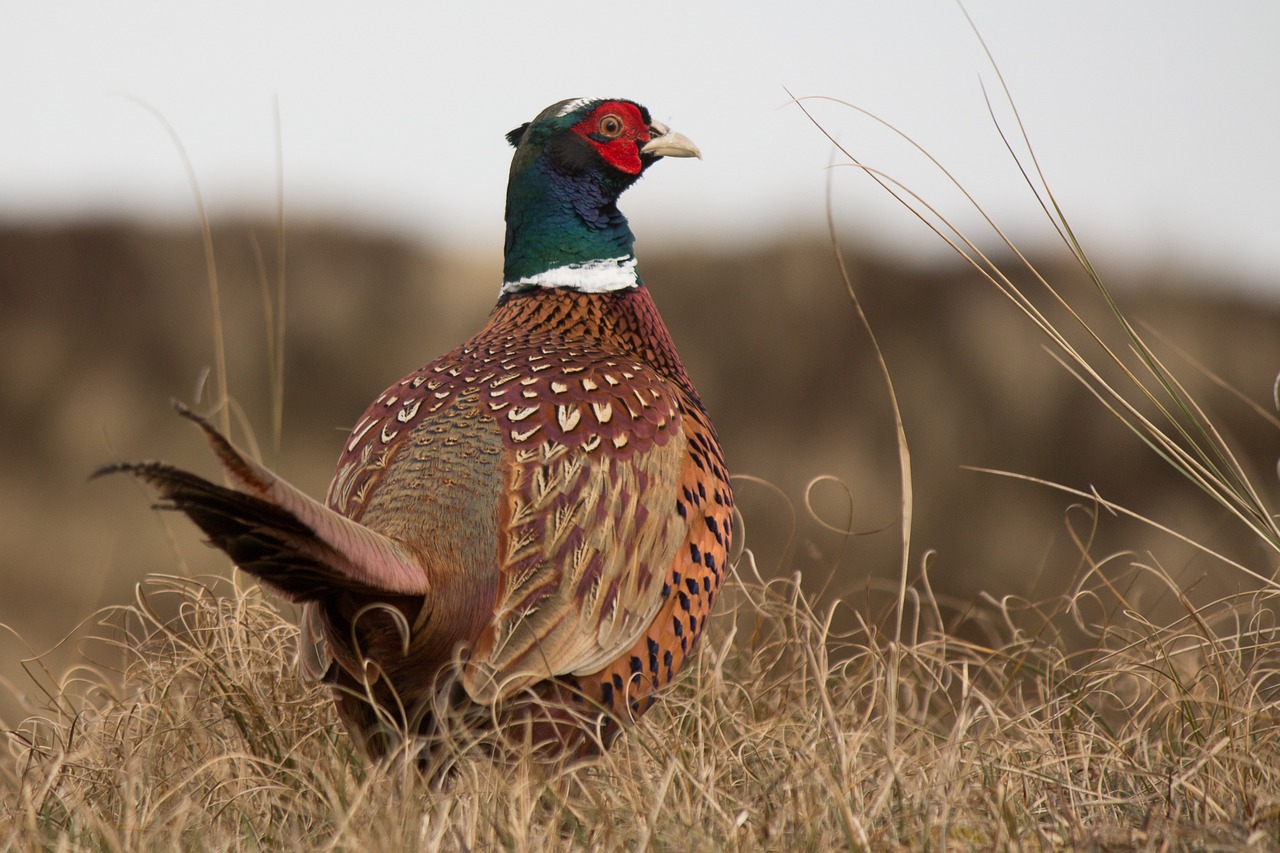Avian influenza confirmed in pheasants on Powys farm

An outbreak of highly pathogenic bird flu has been confirmed in pheasants in Powys.
The Welsh government has confirmed the virus was identified in pheasants at a farm near Newtown and all the bird affected will be culled.
The latest outbreak is the second to be detected in Wales since the Welsh Government lifted the housing order for poultry and captive birds on April 18.
Avian flu was also confirmed at a commercial poultry farm in Powys on April 23rd.
Chief Veterinary Officer for Wales, Richard Irvine said: “Rigorous and scrupulous hygiene and biosecurity measures offer the best protection for kept birds against avian influenza. Whether keepers have a few birds or a thousand, it is vital the very highest standards of biosecurity are maintained.
“Vigilance is also key, and it’s important any signs or suspicion of avian influenza is reported immediately.
“I want to thank bird keepers across Wales for their continued efforts to keep their flocks safe.”
Avian flu is currently at the highest level recorded across the UK and Europe – with over 330 cases confirmed across the UK and 15 in Wales since October 2021.
Over half of the cases recorded in Wales have been in Powys.
Poultry farms have been hit particularly hard, with approximately four million farm birds culled.
Prevention Zone
The Avian Influenza Prevention Zone (AIPZ), which covers all of Wales and was introduced last October, remains in place.
This requires keepers of poultry and other captive birds to take appropriate and practicable steps to prevent avian influenza, including:
Keeping kept birds off land that is known to be, or at high risk of being, frequented by wild waterfowl, or contaminated by their droppings or feathers.
Ensure the areas where birds are kept are unattractive to wild birds, especially waterfowl, for example, by netting ponds and surrounding areas and by removing wild bird food sources;
Feed and water birds in enclosed areas to discourage wild birds;
Minimise movement of people in and out of bird enclosures;
Clean and disinfect footwear, use foot dips before entering poultry enclosures, and keep areas where birds live clean and tidy;
Ensure all bedding, equipment, clothing and anything else that enters the areas where birds are kept are free of direct or indirect contamination with HPAI, which is mainly spread through bird droppings.
Keep domestic ducks and geese separate from other poultry.
Findings of dead wild birds should continue to be reported to the Defra helpline on 03459 33 55 77 and keepers should continue to promptly report suspicion of disease in their birds to APHA on 0300 303 8268.
Support our Nation today
For the price of a cup of coffee a month you can help us create an independent, not-for-profit, national news service for the people of Wales, by the people of Wales.







Told you it hadn’t gone away, it’s endemic in the wild bird population